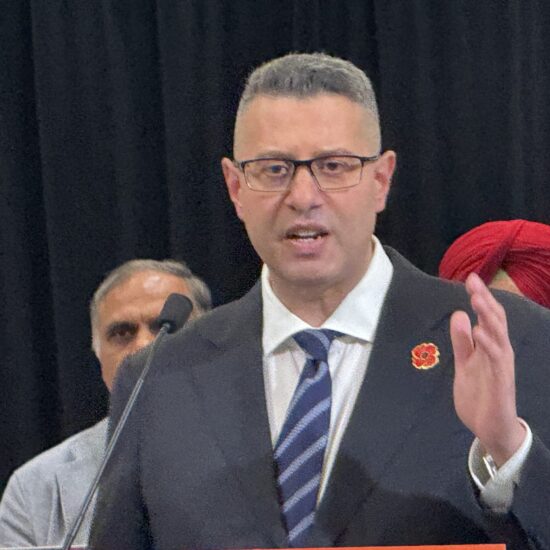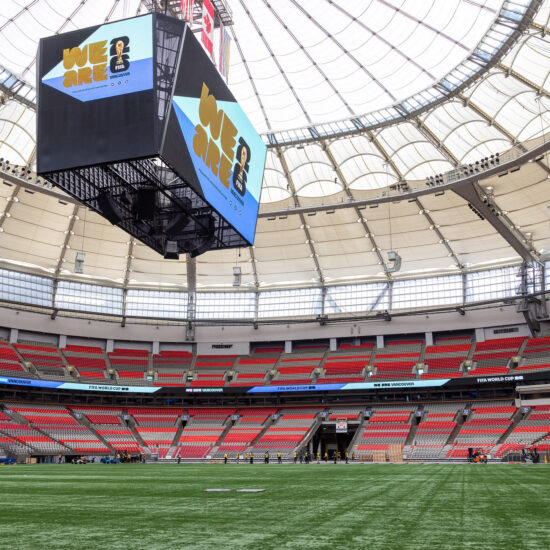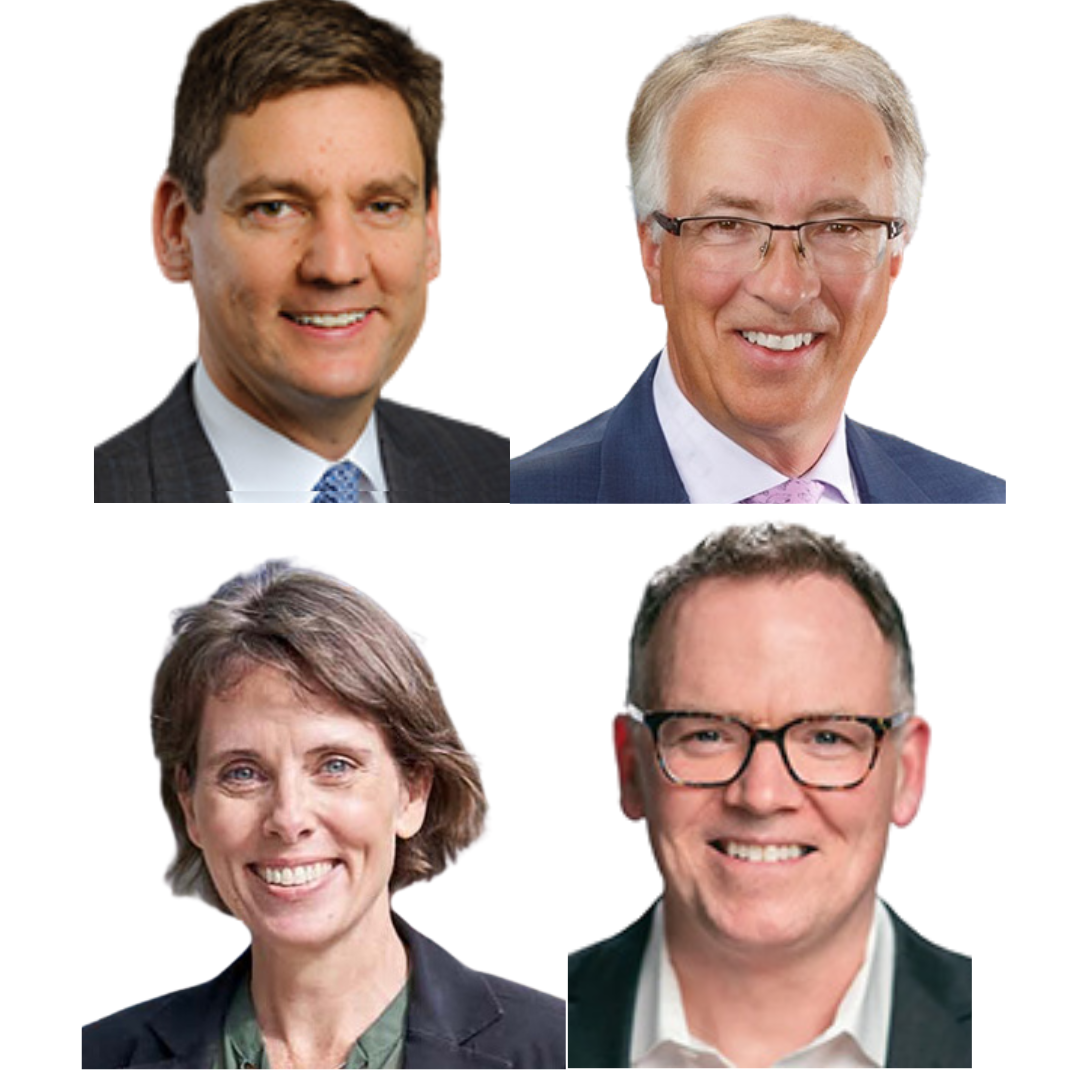
Bob Mackin
The ruling B.C. NDP reported a $1.5 million surplus for 2023, according to campaign financing returns released April 8 by the province’s elections regulator.
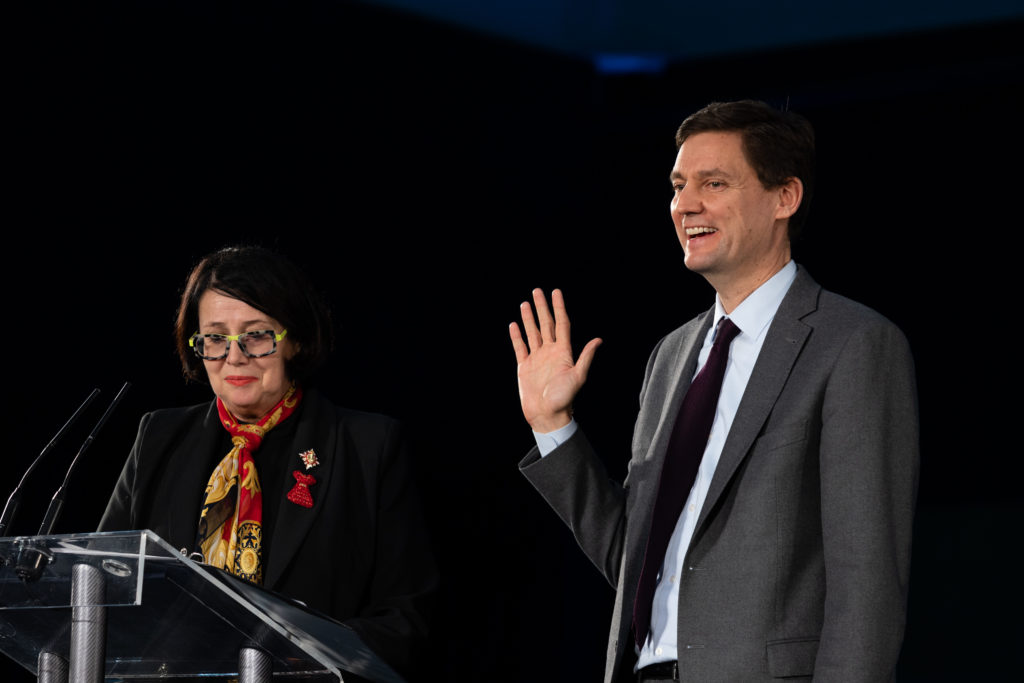
David Eby’s swearing-in on Nov. 18, 2022 (BC Gov)
Meanwhile, the opposition BC United, in its first full year under that name, racked-up a deficit of nearly $464,000.
Premier David Eby’s NDP reported $13.83 million in total assets to Elections BC, including $4.9 million in land and buildings. The NDP’s offices at 34 West 7th in Vancouver were assessed at $3.105 million.
The party also reported $6.58 million in bonds, stocks or investments and it took-in $4.54 million in political donations last year. The NDP also spent $5.22 million, including almost $2.5 million on salaries and benefits.
Total 2023 income increased by almost 14% to $6.725 million.
The party’s accumulated surplus of $12.238 million dwarfed BC United’s $1.84 million surplus.
The Kevin Falcon-led BC United, which was known as the BC Liberals until April 2022, reported $4.337 million income, 7.6% better than 2022 That included $2.97 million in donations. It spent $4.8 million, for a $463,619.93 deficit. BC United also reported $2.15 million in total assets.
Among the BC United donations deemed prohibited — and returned to the donor — was a $1,267.67 sum to Falcon on Oct. 11, 2023, after he exceeded the 2023 limit of $1,401.40.
The BC Greens, led by Sonia Furstenau, did not meet the April 2 filing deadline. Elections BC said the party would be fined $100, the late filing fee, but it has until July 2 to meet the requirement.
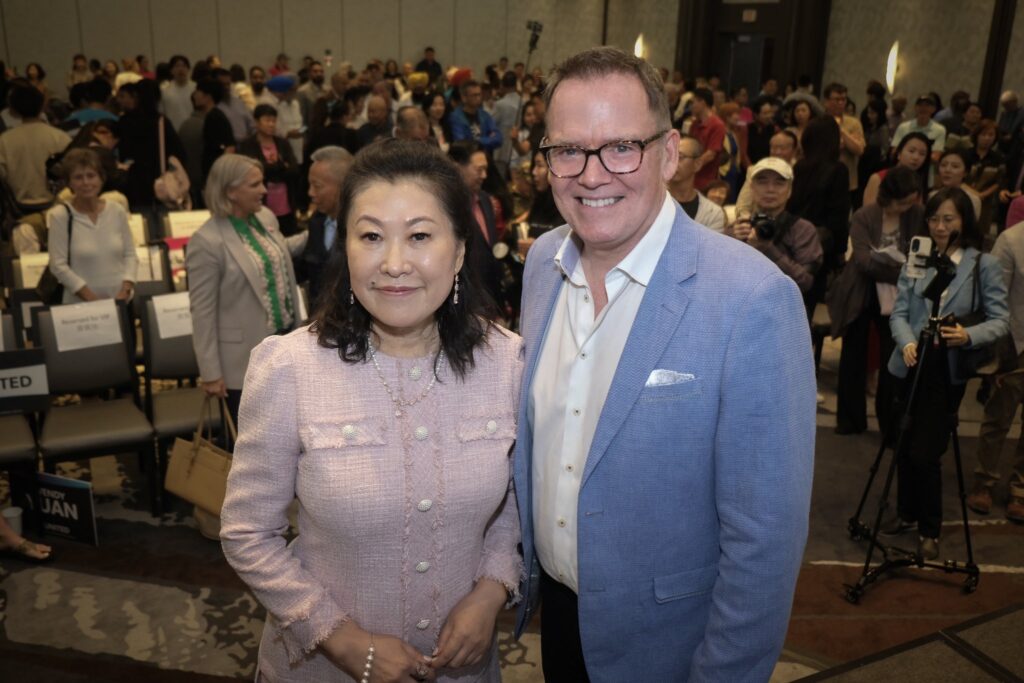
BC United leader Kevin Falcon (right) with Richmond-Centre candidate Wendy Yuan (Kevin Falcon/Twitter)
Party communications manager Rippon Madtha said the Greens would submit their return no later than the end of April.
“Our filing delay is due to significant and recent changes within our finance and development department, including leadership transitions and system upgrades,” Madtha said.
The Conservative Party of B.C. reported total assets of $424,331.94 and income of $562,585.08, including $443,499.04 in donations.
The inflation-adjusted 2024 limit on contributions from individuals is $1,450.82, up from $1,401.40 in 2023. In 2017, the NDP capped donations and banned corporations and unions from donating.
On Jan. 15, the NDP received $813,037.52 from taxpayers under the per-vote subsidy system, based on 2020 election results. BC United ($575,713.94), BC Greens ($257,156.66) and Conservatives ($32,491.31) also received payments.
In 2023, taxpayers provided the NDP a $1.57 million subsidy, $1.11 million to BC United and nearly $500,000 to the BC Greens.
The next election is scheduled for Oct. 19. Eby has repeatedly said he would stick to the schedule and not seek an early vote.
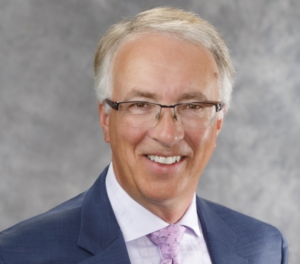
Conservative Party of B.C. leader John Rustad (Facebook)
Due to an increase in population, the fall election will see the 87-seat Legislature increase by six new seats to 93. Boundaries for 72 ridings will be redrawn.
The NDP has a 55-seat majority in the Legislature, two fewer than the 57 seats won in the 2020 election, after Adam Walker and Selina Robinson became independents. BC United’s caucus also shrunk by two MLAs, to 26, after John Rustad and Bruce Banman quit to become Conservatives.
The Greens remain at two.
Also on April 8, Elections BC released returns for municipal parties.
Vancouver Mayor Ken Sim’s ABC Vancouver raised $589,709.36 and finished with a $79,116.84 surplus in 2023.
Surrey Mayor Brenda Locke’s Surrey Connect party received $307,311 in donations and reported a $260,471.60 surplus.
The next municipal elections are in 2026.
Support theBreaker.news for as low as $2 a month on Patreon. Find out how. Click here.








